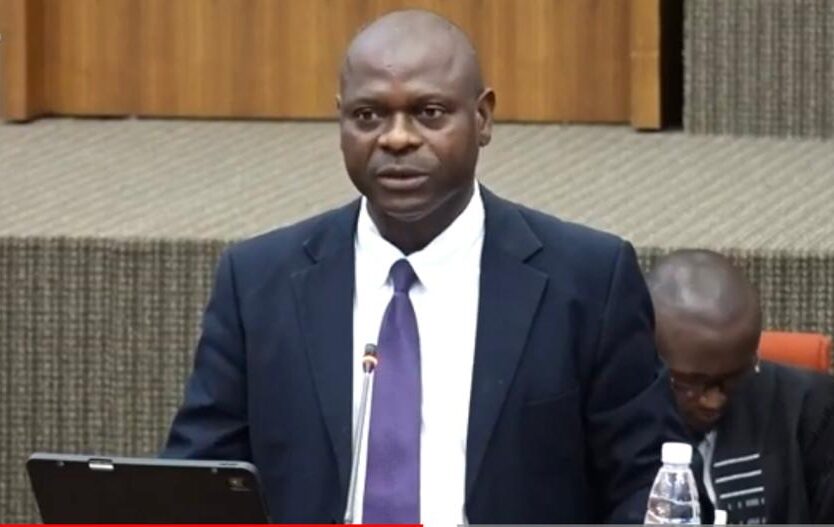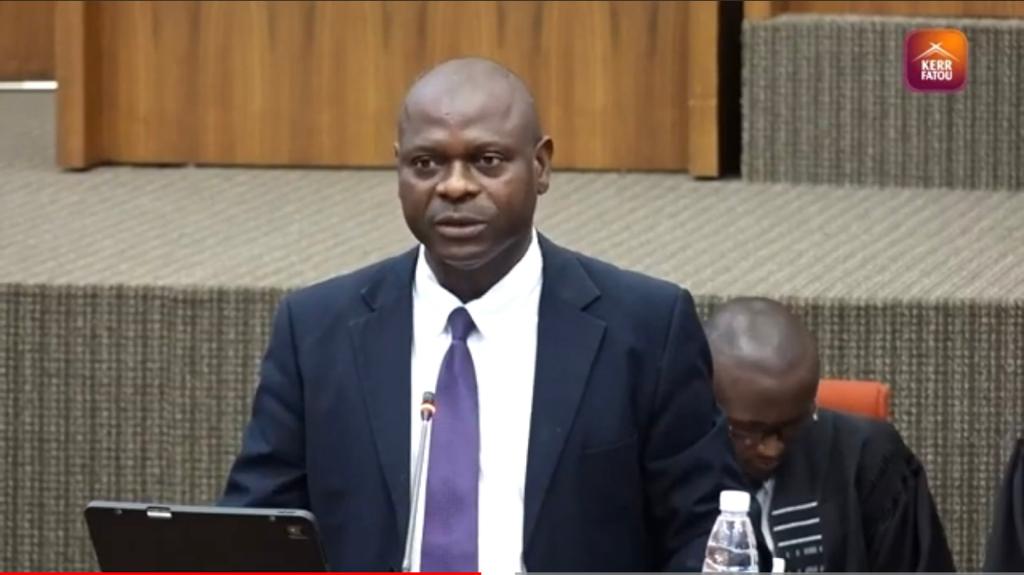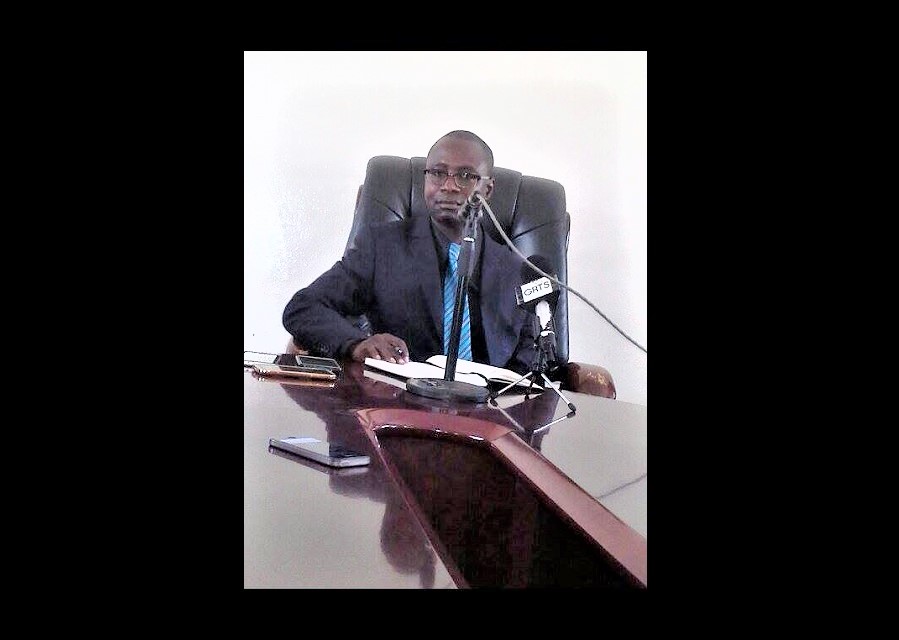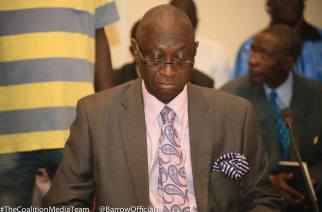By Binta Jaiteh
Honourable Seedy Keita, Minister of Finance and Economic Affairs has revealed that the year 2023 will be challenging as the economic forecast indicate.
Speaking on Friday during the laying of the 2023 budget speech at the parliament he noted that tough times call for the re-doubling of efforts to ensure that the country builds the resilience and capability to weather the storm.
He said the implementation of the 2023 budget will require all and sundry to observe stringent fiscal rules and mobilize the domestic resources to deliver the development aspiration of the country. The recent shocks to the global economy have brought to light the simple fact that the world has become a global village, he added.
“With that said, the urgent need for stronger collaboration to tackle our shared challenges and get on a path to recovery cannot be over-emphasized” he reiterated
He went on that The Gambia continues to benefit from the unwavering support of development partners in tackling key challenges and advancing the national development agenda. Total grants are anticipated to increase from D10.7 billion in 2022 to D14.6 billion in 2023. It is expected that Total Grants will increase during the projection period. The Budget Support grants will reach GMD2.9 billion by 2026, from the GMD2.7 billion expected in 2023.
On Project Grants, he said, these will move from GMD11.8 billion in 2023 to GMD14.2 billion by 2026. The increment in Project Grants reflects the potential of new investment projects that will support the rapid growth of the economy in the medium term despite the adverse circumstances in the international markets. He explained
The 2023 budget support has already been discussed with development partners and passed the test for inclusion in the budget adding that total government expenditure is projected to increase from D31.2 billion in 2022 to D35.4 billion in 2023, and over the medium-term, it is expected to increase gradually to the tune of D42.8 billion.
According to him, the projected increase in total expenditure is largely attributed to an anticipated increase in capital expenditure due to the ongoing road projects; (urban roads such as Kanifing-Brufut; and rural roads such as Nuimi-Hakalang, Sabach Sanjal, etc.); the expansion of the Bertil-Harding Highway for the OIC Summit; and the new salary increase applied from 2022 to 2026. As economic conditions remain fragile and vulnerable to shocks, the most recent Debt Sustainability Analysis by the IMF assessed the country to remain at high risk of debt distress with limited borrowing space.
He further said this requires continuous and coordinated policy efforts to lessen the risk, “the current Medium Term Debt Strategy’s objective is encouraging for the strengthening of financing from both external concessional and longer-term domestic debt instruments, to improve the debt indicator thresholds and subsequently result in a more sustainable public debt path.”
However, he concluded by drawing the attention of everyone to the very challenging and unprecedented position, “we find ourselves in, as we draw the curtains on the 2022 fiscal year and prepare for 2023. As a result of the back-to-back shocks to economies across the world, global economic prospects have worsened in the recent past and this has unfortunately trickled down to the domestic economy, and as we work tirelessly to surmount the challenges, it is worthy to note that the outlook remains grim.”




